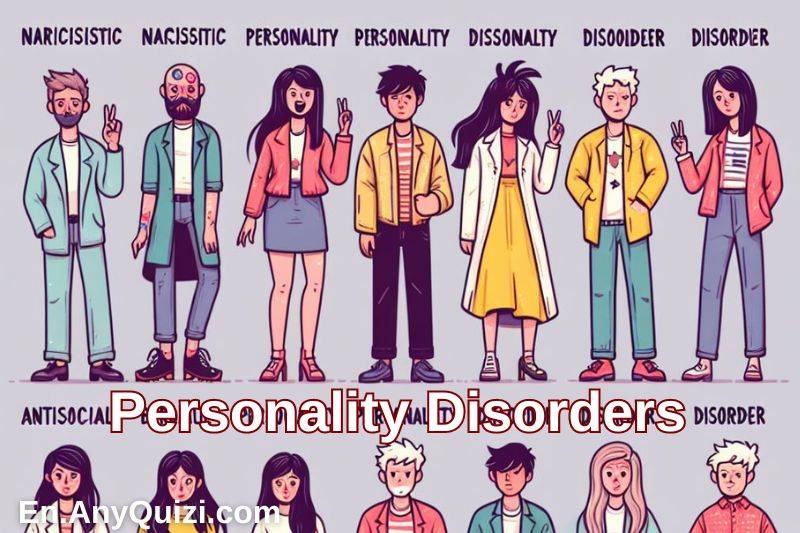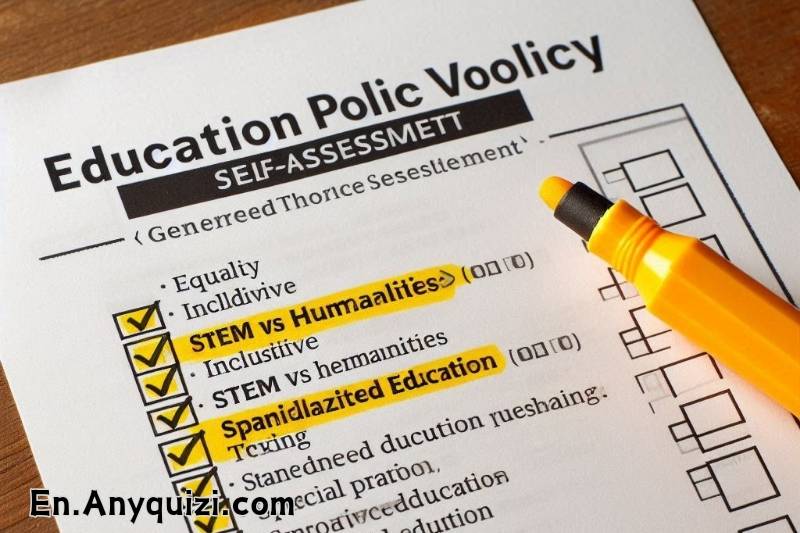Everything you need to know about cholera
What is cholera?
Cholera is an acute diarrheal infection caused by the bacterium Vibrio cholerae, and most often results from drinking contaminated water or eating contaminated food. Cholera causes diarrhea, vomiting, and loss of fluids from the patient's body, and may lead to death if not treated quickly.
How is cholera transmitted?
It may be transmitted to humans through one of the following methods: drinking water from unsafe sources (rivers, open wells, water utensils Uncovered or unclean). Drinking water that has become contaminated due to improper transportation or storage. Eating contaminated food. Eat fruits that have not been washed or peeled.
What are the symptoms of cholera?
- Severe diarrhea and vomiting.
- Extreme thirst and severe dehydration.
- The patient may complain of painful cramps in the limbs, abdomen, or chest.
What are the ways to prevent cholera?
Wash your hands well with soap and water during the following times: after leaving the bathroom before preparing the food. Before eating. After cleaning the child. After handling animals or waste, after caring for an infected person.
How to preserve and sterilize water
- Water must be kept in closed containers and tanks, in a cool place, and away from Sun rays.
- Be careful not to put your hands in water intended for drinking and stored for a certain period.
- It is not recommended to store drinking water for more than a week.
- You must be careful to clean tanks. Domestic water is constantly free of deposits and dirt.
Water sterilization methods:
Heat the water until it reaches the boiling point. Use filters. Use of chlorine. How to use chlorine tablets to sterilize drinking water:
1. If the water is not clean or clear, use a clean cloth to filter the water. 2. Add one tablet (33 milligrams) per 20 liters of water. 3. Wait between half an hour and an hour after adding chlorine and before drinking the water. How to preserve food
Contaminated food is considered one of the most important causes of cholera infection, and to preserve it, the following must be done: - Cook the food Thoroughly.
- Wash vegetables and fruits carefully before eating them, including peeling and removing the skins.
- Save food in clean containers and cover them.
- Avoid eating raw foods. Or undercooked.
- Avoid eating uncooked foods, especially fish.
- Do not eat spoiled or unhygienic foods.
- Do not eat exposed foods and foods.














